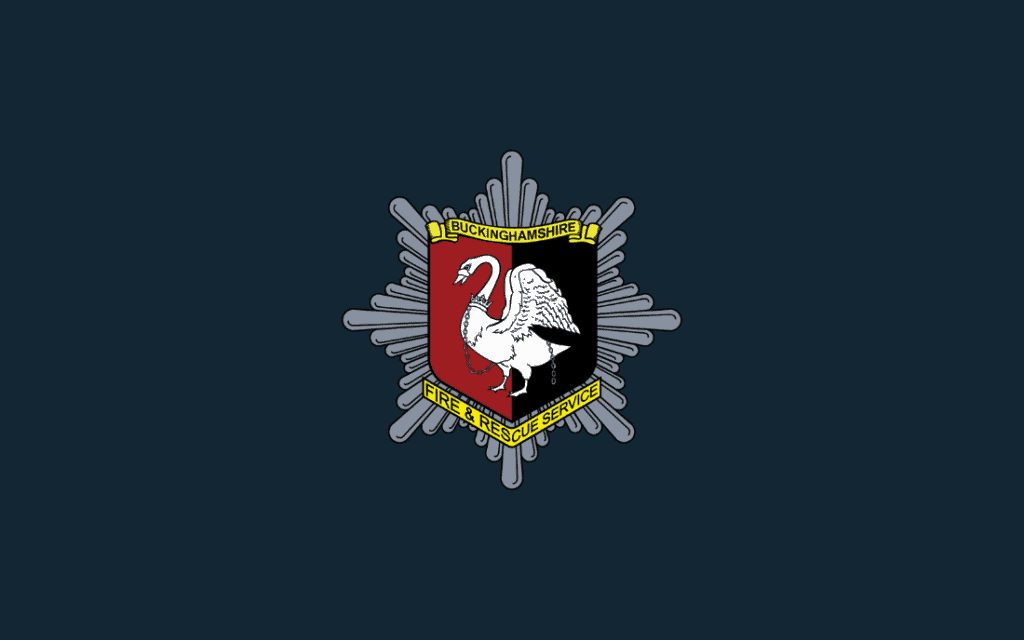When you run a restaurant, takeaway, fast-food premises or have a commercial kitchen of any kind it can be a hotspot for potential fires. There can be many reasons for this, such as poorly maintained or faulty equipment, insufficient cleaning regimes or even a lack of staff training.
Buckinghamshire Fire & Rescue Service wants to highlight the importance of fire safety within your commercial kitchen. Under Article 4 of The Regulatory Reform (Fire Safety) Order 2005 (The Order) Duty to take general fire precautions, commercial premises must have an appointed responsible person. The responsible person must reduce the risks of fire on the premises, maintain adequate means of escape, provide firefighting and fire detection and ensure that relevant persons are safe from fire.
Group Commander Steve Hawkins, Head of Protection and responsible for leading our Business Fire Safety Team, said:
“Commercial kitchens within a premises pose many hazards in terms of fire safety. Key functions such as extraction systems, ventilation systems, electrical and gas outlets pose a real risk if they are not adequately serviced and maintained.
“Additionally, in the event of a fire, a premises with insufficient fire separation between rooms can lead to uncontrolled fire spread, which may quickly spread to other areas within the premises or to neighbours. Areas around extraction ducting, pipework installations and utilities should be fully sealed.
“Legislation has been put in place to reduce risk, and Buckinghamshire Fire & Rescue Service urges businesses to remain safe and compliant.”
Common causes of fire
Dirty extraction systems – If ducting within an extraction system is not cleaned regularly the risk of build-up of grease is increased, which can lead to ignition in certain circumstances.
Electrical fires – The electrical system for the premises should be subjected to a five-yearly electrical installation condition report and individual items should have a portable appliance test (PAT) completed prior to use.
Cooking techniques – Employees should receive appropriate training to avoid overheating of oils used in cooking.
Insufficient fire separation – Separation should exist between units and premises. In the event of a fire, poor fire separation can lead to secondary fires around the premises.
What to do
There are several steps you can take to significantly reduce the risk of a fire starting within your commercial kitchen:
- You should conduct an adequate fire risk assessment which is reviewed regularly. Should you need help with your fire risk assessment, we suggest you select someone who is third-party accredited. More advice is available from the National Fire Chiefs Council (see link at foot of page).
- Ensure ducting is installed correctly.
- Install and maintain a suitable fire alarm system.
- Ensure the responsible person for the premises completes the required weekly fire alarm test or allocates a competent person to complete it.
- Ensure employees have been adequately trained on fire hazards and use of equipment, and are trained to activate any suppression systems manually if they are not automatic.
- Ensure adequate schedules are in place for cleaning and housekeeping regimes.
- Implement adequate maintenance schedules for all equipment within the premises.
- Install adequate firefighting equipment.
- Engaging with your employees will offer a huge insight into day-to-day activities, meaning that they will know the premises and work activities well, and will be able to highlight anything which may pose a risk or which requires reviewing.
- Implement adequate waste disposal and collection regimes.
- Ensure you have a suitable and sufficient emergency evacuation plan which is adequate for the premises, has been recorded and shared with all employees.

